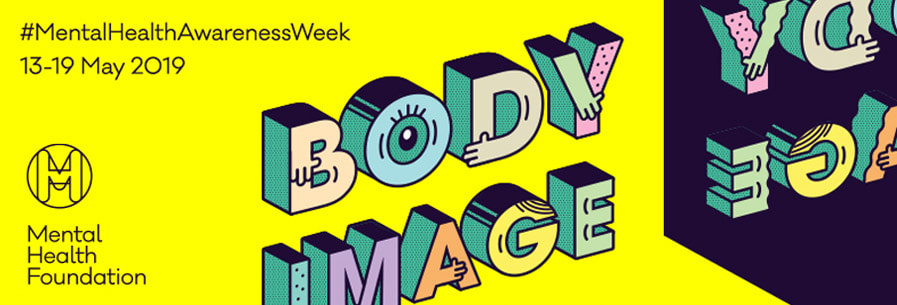|
Mental Health Awareness Week 13-19th May 2019
Do you know, it thrills me when I see the various campaigns out there and especially when they are about raising awareness around mental health. It’s not before time that we are really engaging with the subject, especially as, believe it or not, it applies to our universal human condition. I was shocked, if not a little confused, to hear someone say: “I don’t have mental health”, when I was talking to them about this very subject. What the individual actually meant was that she didn’t have mental ill-health. Of course, as I was speaking to her in my professional capacity, it was my duty to correct her and reassure her that she did indeed have mental health; whether that had been compromised in some way was a matter for the assessment I was undertaking. It’s interesting, I think, that as soon as the word “mental” is used, some people automatically think that this is a slur on their character, even today, when we are so much better at communicating the importance of health generally. So, what I’m trying to communicate is that we all have a mental health, which is intrinsically linked to our physical and spiritual health. So, what we know is that if one area of our wellbeing has been compromised, then it is likely that another area will be compromised as a result. For example, break a leg and I may feel pretty fed up mentally as I’m prevented from going about my well organised and busy life. So what is mental health? Well, it is a state of being that affects how we think, feel and act. It is a state of well-being that enables us to live and work fruitfully within our various relationships and communities, enables us to maximise our full potential and helps us to cope with the normal stresses of everyday life. But, as human beings, our mental health fluctuates throughout our lives, just as our physical health does. Complex beings that we are means that we are often exposed to difficulties along the way that have the potential to challenge our coping mechanisms and leave us pretty isolated if we do not draw the support that we need. But, our capacity to draw that support will depend on a number of factors. As a counsellor, I’m fascinated by human behaviour and human development. I’m mindful that the way in which we function as adults is borne out of our formative experience. If our childhood experiences had not been supportive or affirming, then we may be less likely to reach out to others for support as adults. Fear of being ridiculed or labelled is often a stumbling block, especially among the men I see in my counselling room. I’m mindful too that cultural issues may also inform our capacity to draw support. Common features might include a “stiff upper lip” mentality that does allow for the expression of vulnerability. The shocking truth is that in 2017, 5,821 suicides were recorded in Great Britain. Of these, 75% were male and 25% were female. Suicide is the most common cause of death for men aged 20-49 years in England and Wales. Less extreme, it is estimated that 1 in 6 adults experiences a common mental health problem, such as anxiety or depression and 1 in 5 adults has considered taking their own life at some point. So I wonder, where are you in all of this? What was your early experience? How easy is it for you to open up about difficulties you are struggling to address? Well, if I only have one message, then it is this:
Best wishes, Jan
27 Comments
|
BlogJR Corporate Health blogs cover topics such as management support, supervision, psychological support, critical incident support and wellbeing in the workplace. Archives
July 2021
Categories
All
|
JR Corporate HealthConnectt |
Services |
Legal Info |
© Copyright 2023 JR Corporate Health Limited | JR Corporate Health Limited is registered in England, number 11264109, and whose registered office is Bow Cottage, Selworthy Green, Selworthy, Minehead, Somerset TA24 8TP.
Email [email protected] Mobile 07785 977771
Website Design & Development by Creative Remedy
Email [email protected] Mobile 07785 977771
Website Design & Development by Creative Remedy


 RSS Feed
RSS Feed